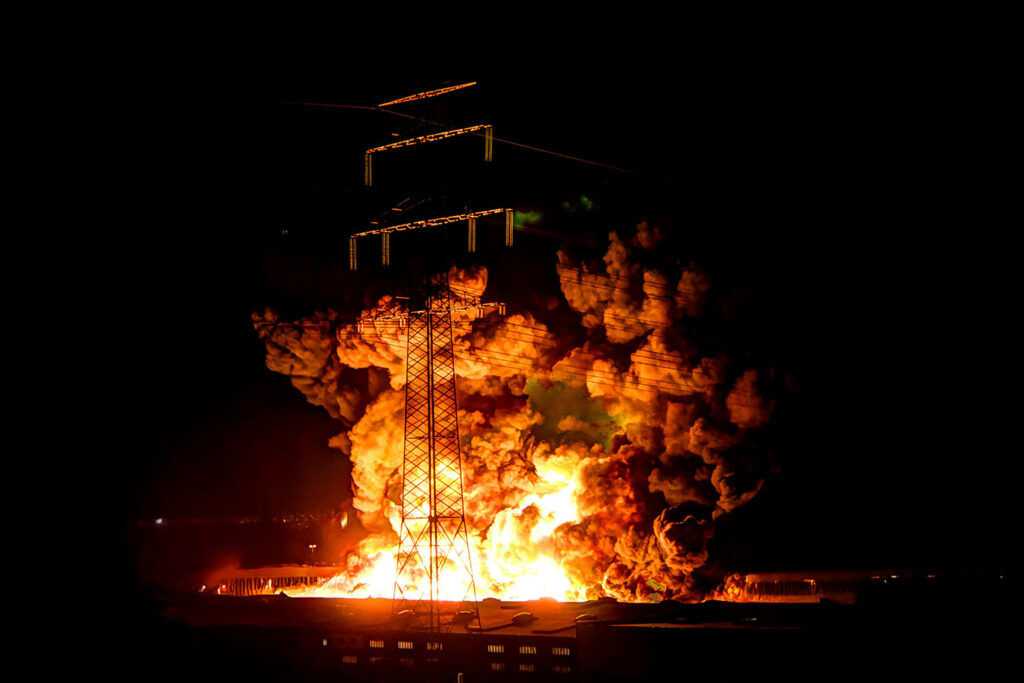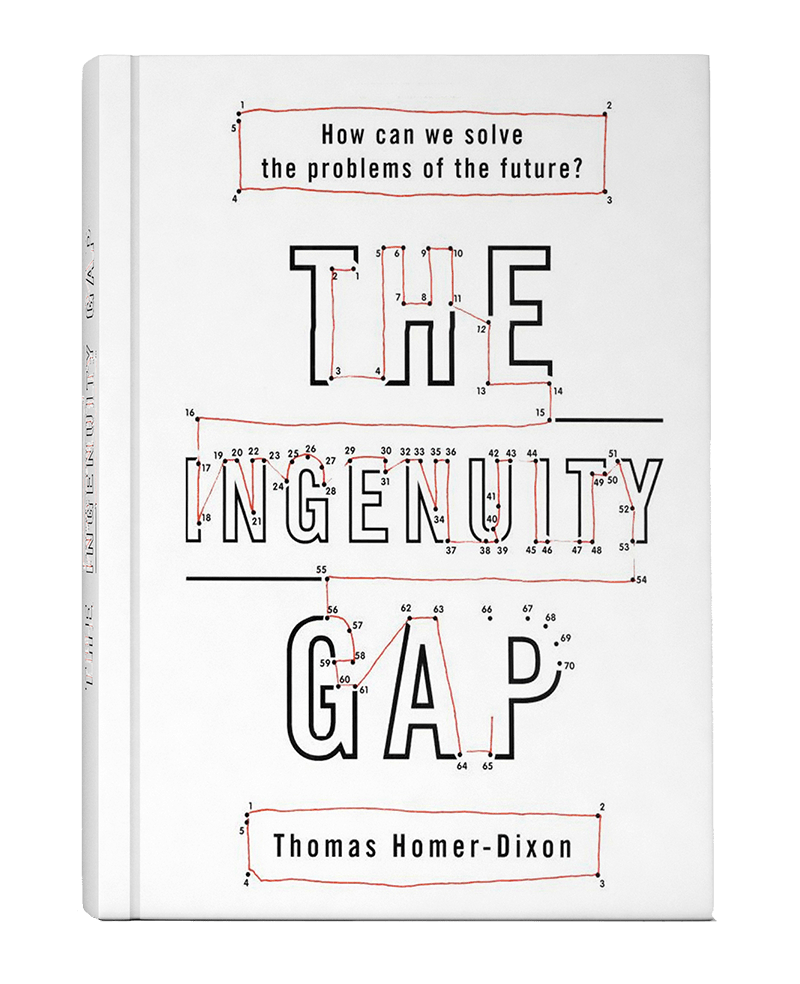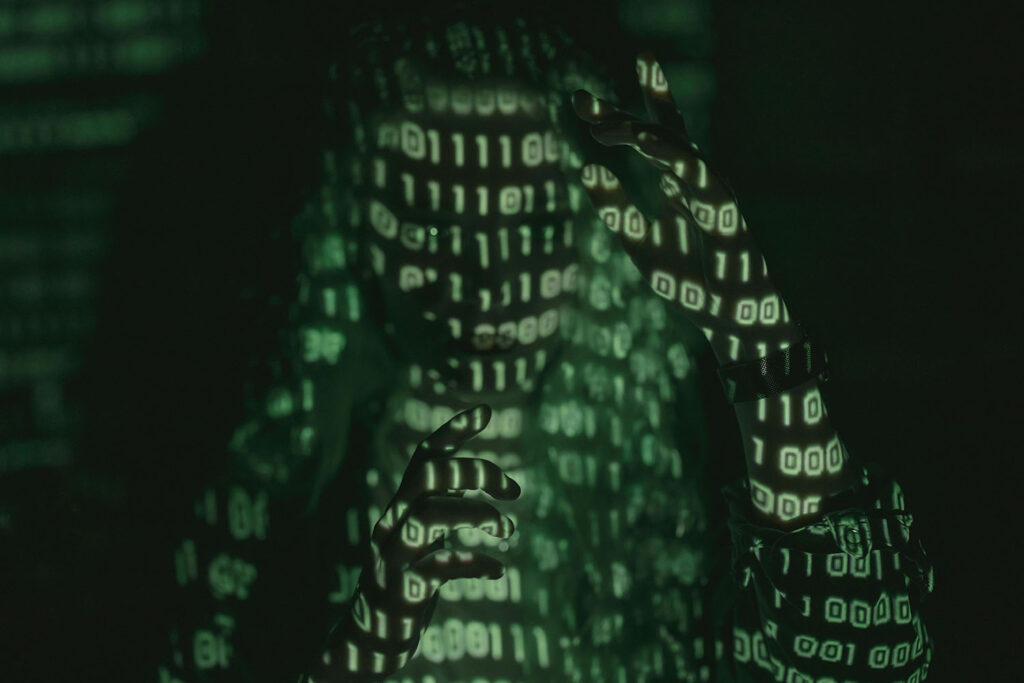September 11 and the Crisis of Expertise
The attacks of last September 11 tore a ragged hole in the fabric of our reality. Through that hole we glimpsed something hideous. As is in our worst nightmares, it was indistinct and incomprehensible. We couldn’t see its beginning, its end, or its true form. But we knew immediately that this thing – whatever it was – was both profoundly dangerous and utterly terrifying.








